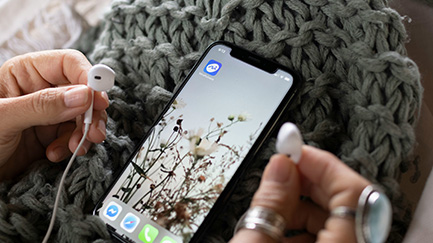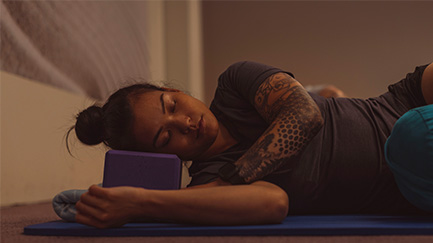Everyone’s brain changes as they age, with some retaining cognitive health and others not. Keeping the brain and body active can make a huge impact to your memory and other cognitive abilities in later life.
Studies of brain scans in 80-year-olds, while they were reflecting on memories of their lives, have been used to better understand something called ‘cognitive reserve’. This is a term used by Neurologists to explain why in old age, some people appear to be coping very well, despite a scan showing their brain structure had changed. Our brains change as we age and tend to shrink as we get older. Which is why there have been several studies conducted into those who were robust or resilient to these changes.
The current hypothesis regarding cognitive reserve is ‘brain functional connectivity’. This is how different parts of the brain talk to each other. It may be that keeping the brain active during one’s midlife continuously helps the brain reorganise itself, in terms of functional networks. So much so, they become more robust to the structural changes that continue to happen as we get older and cognitive reserve remains intact.
Why do some people have more cognitive reserve?
Researchers believe lifestyle plays an important role in allowing efficient functioning communication in the brain. Now it is difficult to pinpoint exactly which, however it is believed social, intellectual, and physical are some of the most important. Altogether, the three are seen to contribute to cognitive health in old age, regardless of your occupation and despite childhood life experiences.
The key is having a more varied lifestyle that has social, physical, and intellectual stimulation outside of work. Having this means we are more likely to cope with age related structural changes in the brain.
How do we do this?
Start as quickly as you can, even now after you have finished reading this article. Don’t just start in your 60s or 70s or wait longer than that. Get moving, get socially involved, focus on good quality sleep, and challenge yourself outside of the workplace. Your brain will thank you later!
If you are veteran looking to get active or social with likeminded individuals, there are plenty of activities available at Mates4Mates either in person or online. Make sure you check out our events page for our upcoming activities and be sure to contact us if you have any questions.
Written by Mates4Mates psychologist Tamsin Wallace





